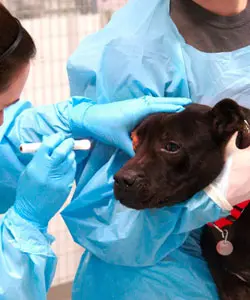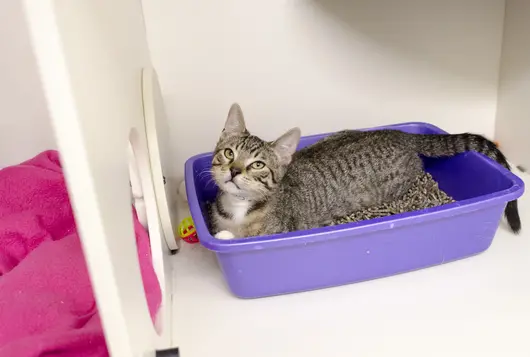What To Know About Cholestyramine Resin and Pets

Cholestyramine is a chloride salt of a basic anion exchange resin. It is considered a bile acid sequestrant and antilipiemic agent. It is used for reduction of elevated serum cholesterol, relief of pruritis associated with partial biliary obstruction, management of primary hyperlipemia and GI decontamination in select intoxications.
How It Works
Cholestyramine binds to bile acids that are normally found in the intestine and forms an insoluble complex that is excreted in feces. With toxic exposures, toxins that are highly lipophilic and bound to bind acids will also be trapped in this insoluble complex and excreted in feces.
When To Use It
Cholestyramine can be used in cases where pets ingest substances that have a high degree of enterohepatic circulation, such as Vitamin D3 and cyanobacteria (microcystin). This helps to reduce the amount of the toxin being reabsorbed into the intestines and brought back to the liver.
How To Use It
Cholestryamine comes in a powder form. It should be mixed with a tasty wet substance such as canned food. The suggested time of administration is at meal time.
Margin Of Safety
Cholestyramine has a wide margin of safety. Overdoses may cause risks for vomiting, diarrhea and obstruction. Adverse reactions may include constipation, flatulence, nausea, vomiting, diarrhea, eructation, anorexia, steatorrhea, loss of fat-soluble vitamins and biliary colic.
Drug Interactions
Cholestyramine can potentially interfere with the body’s absorption of certain oral medications such as warfarin, thiazide diuretics, propranolol, phenobarbital, penicillin G, tetracycline, thyroid medications, estrogens, progestins and digitalis.
Contraindications
Cholestyramine has not been tested in pregnant or lactating women or animals. Per the prescribing information cholestyramine has been known to interfere with the body’s ability to absorb fat-soluble vitamins such as Vitamin A, D, E and K so it may not be recommended in pregnant or lactating animals. Some human formulations contain xylitol and should not be used in dogs.
We have lots more on this subject:



